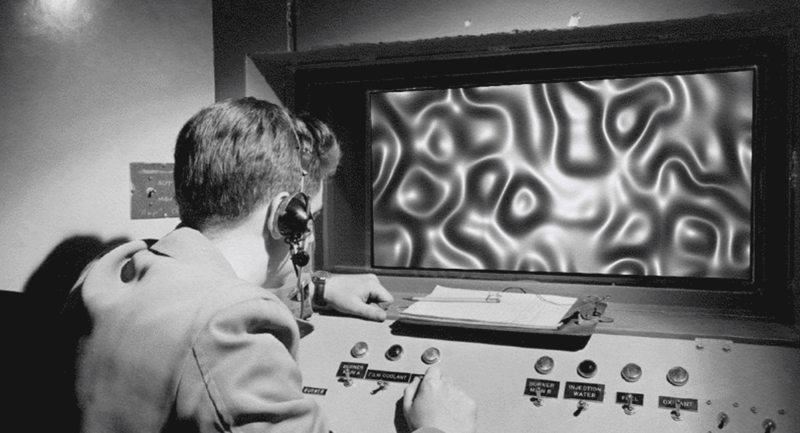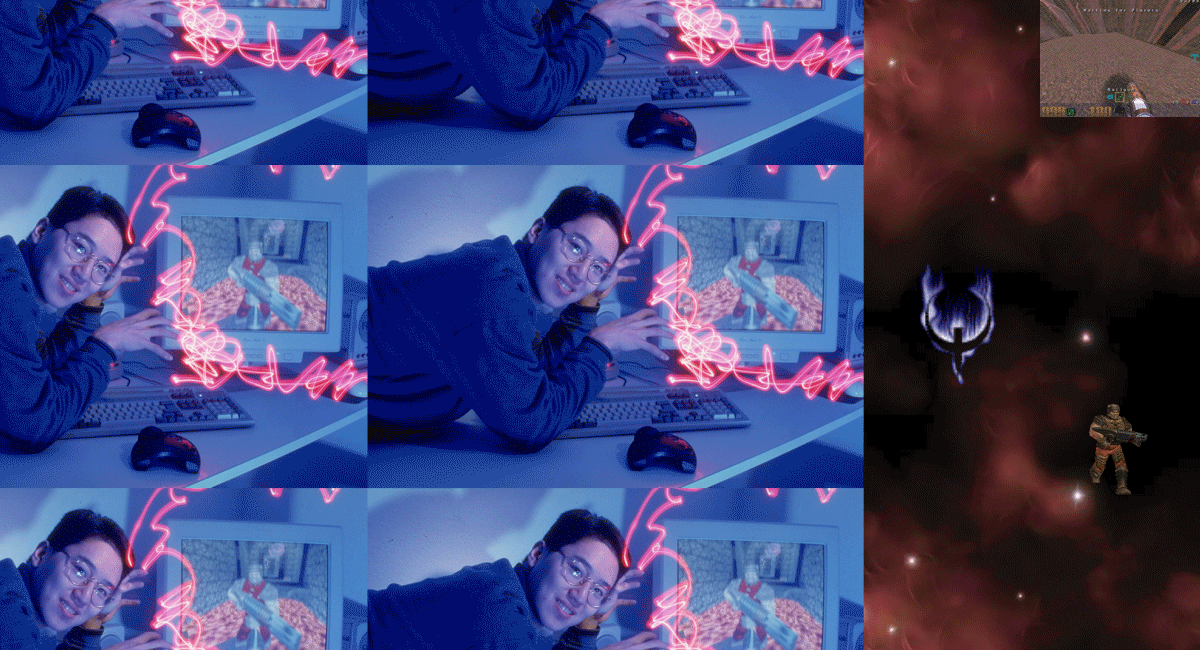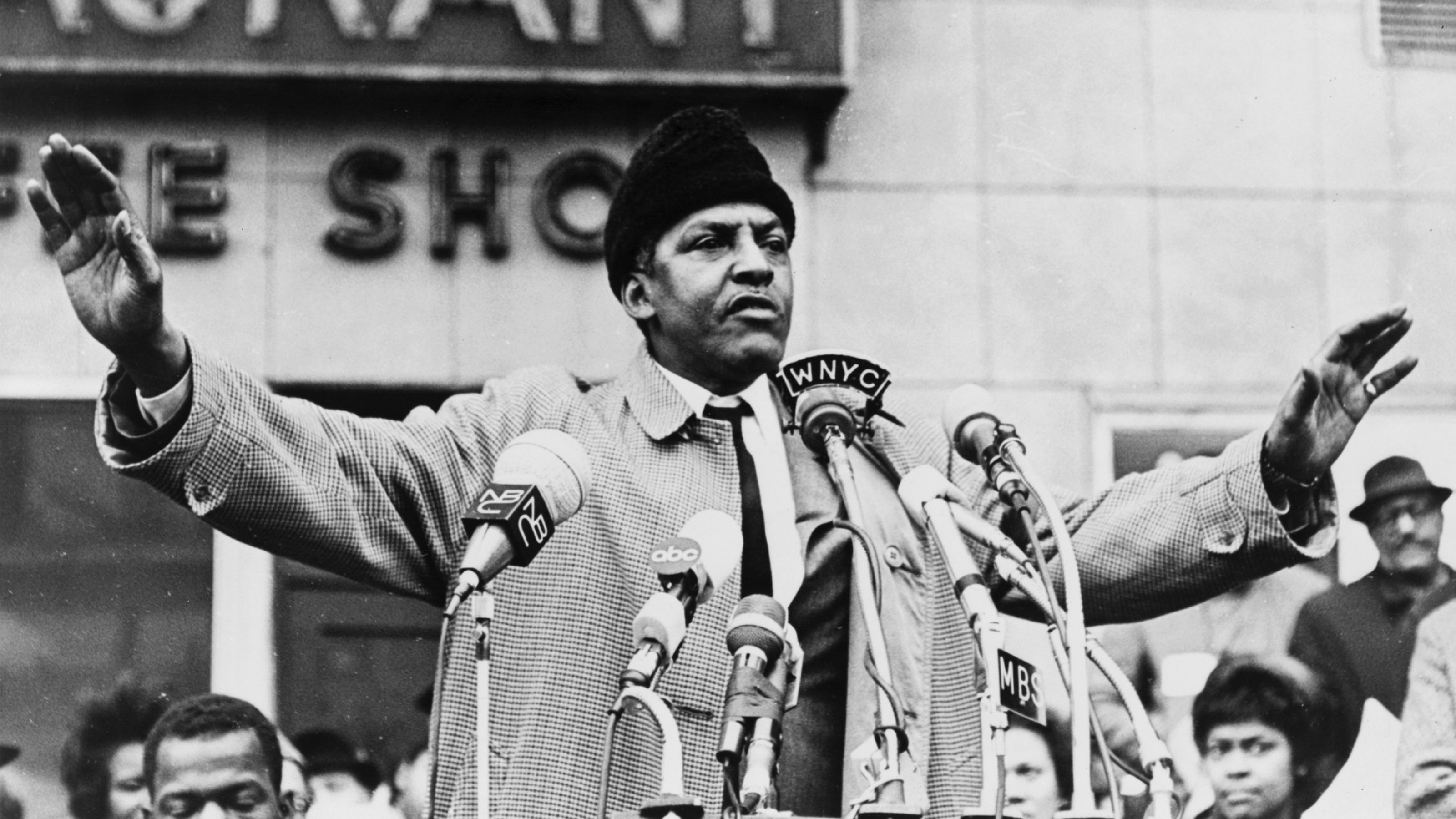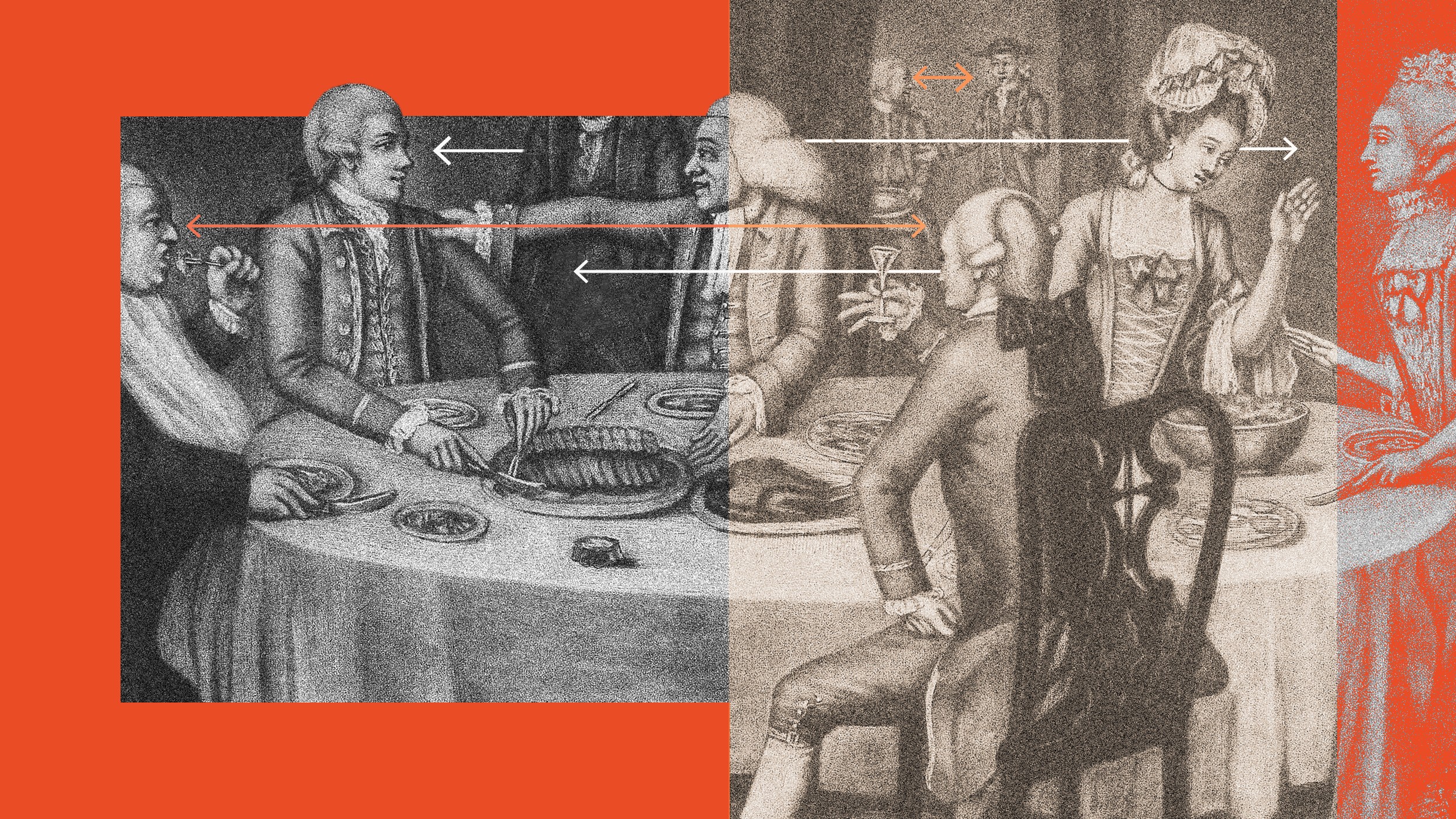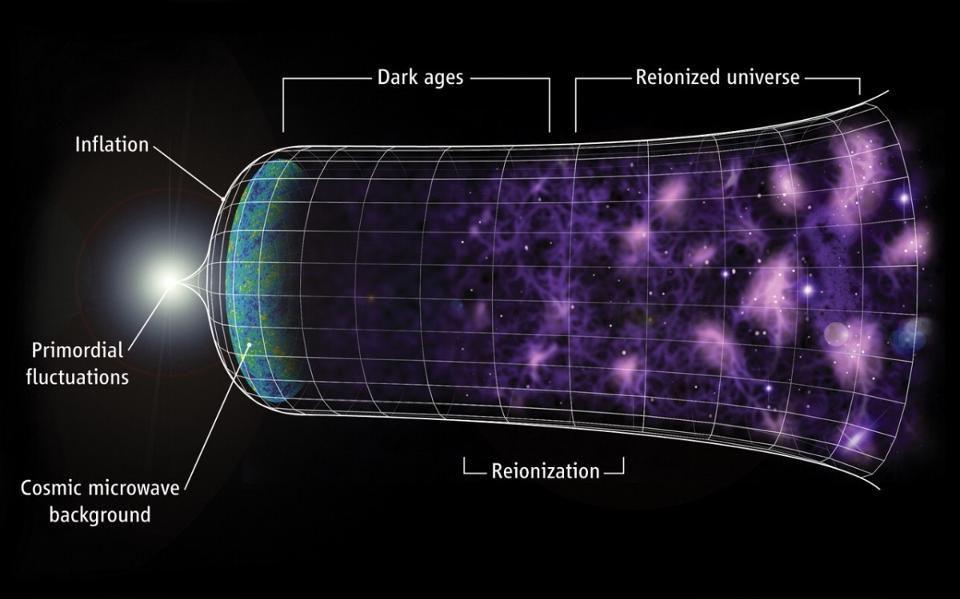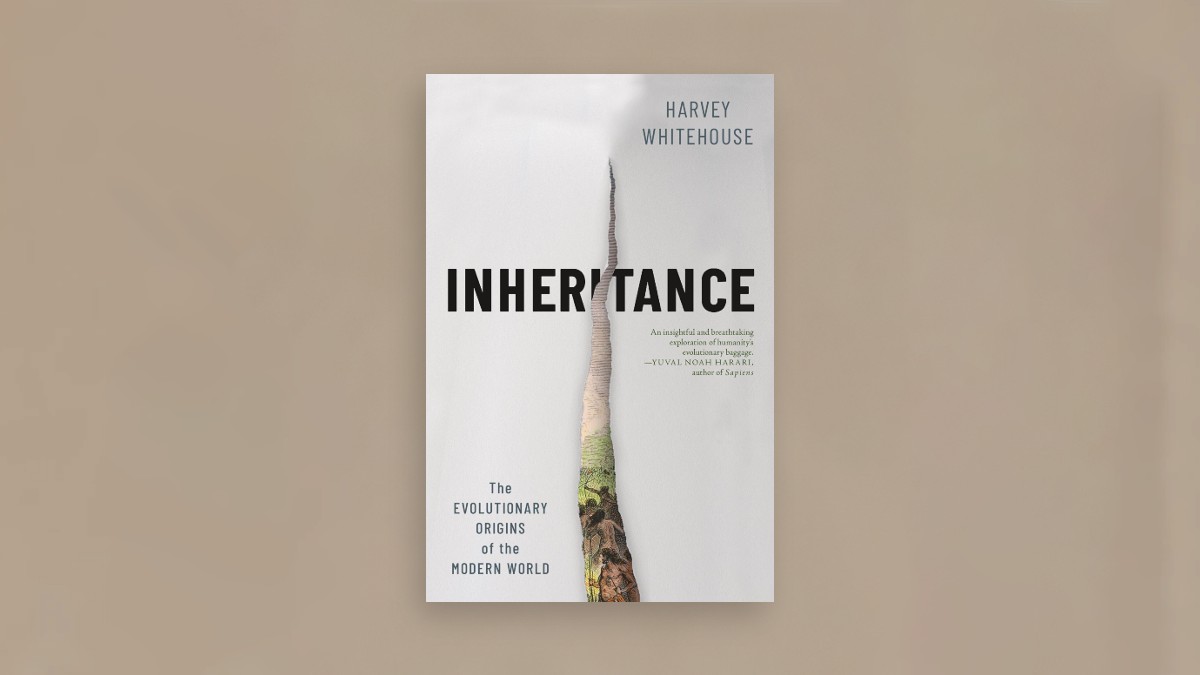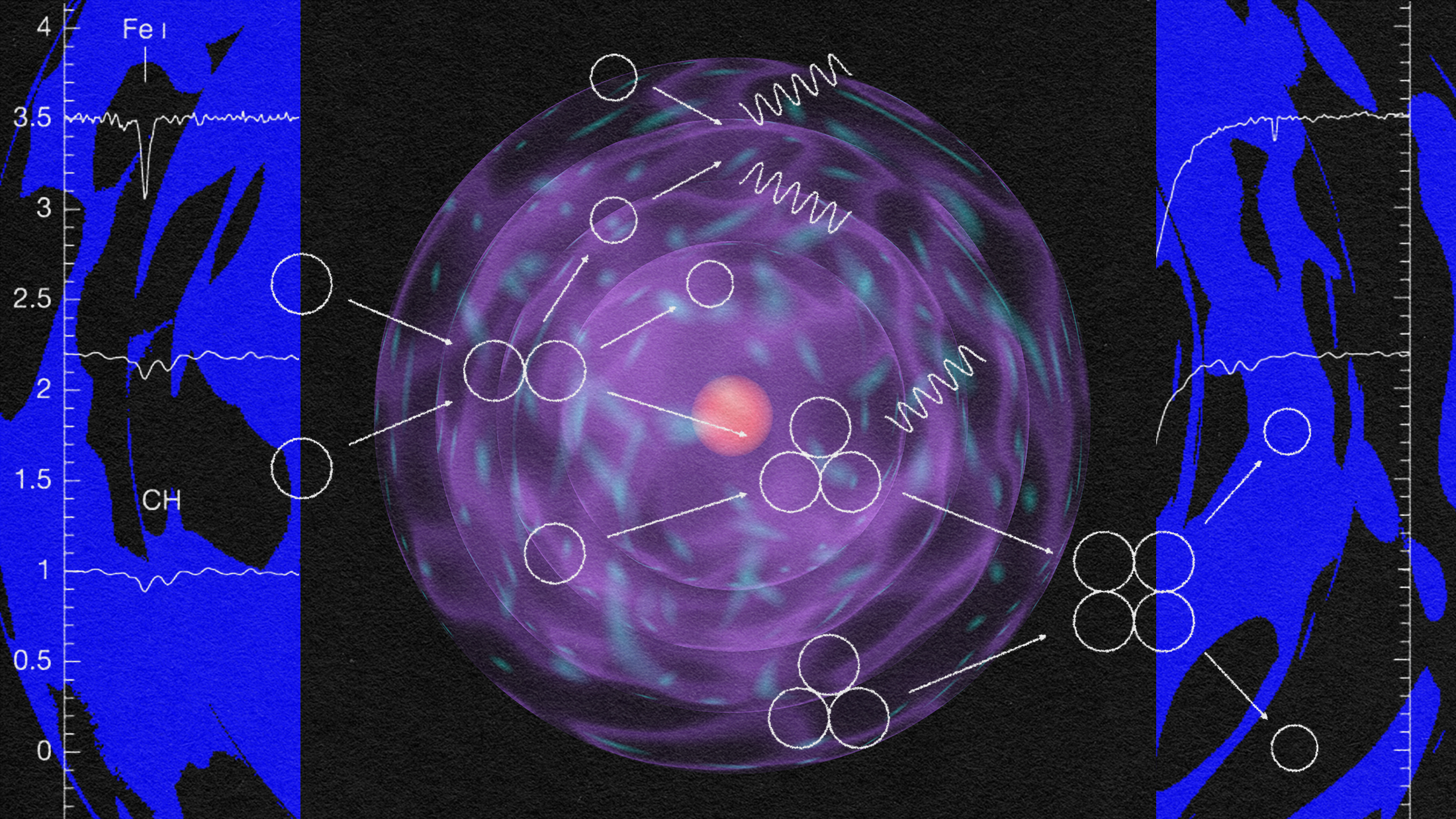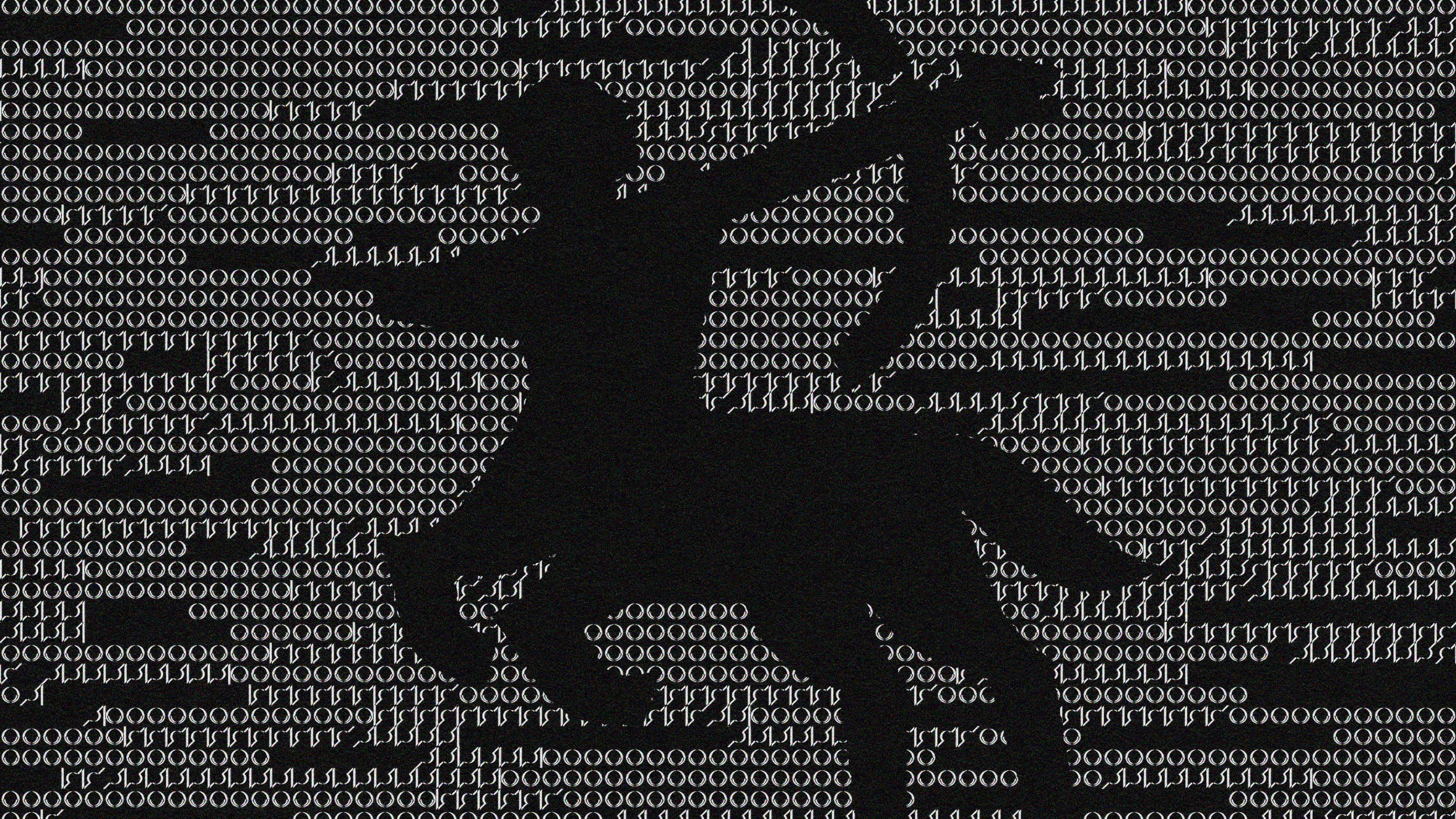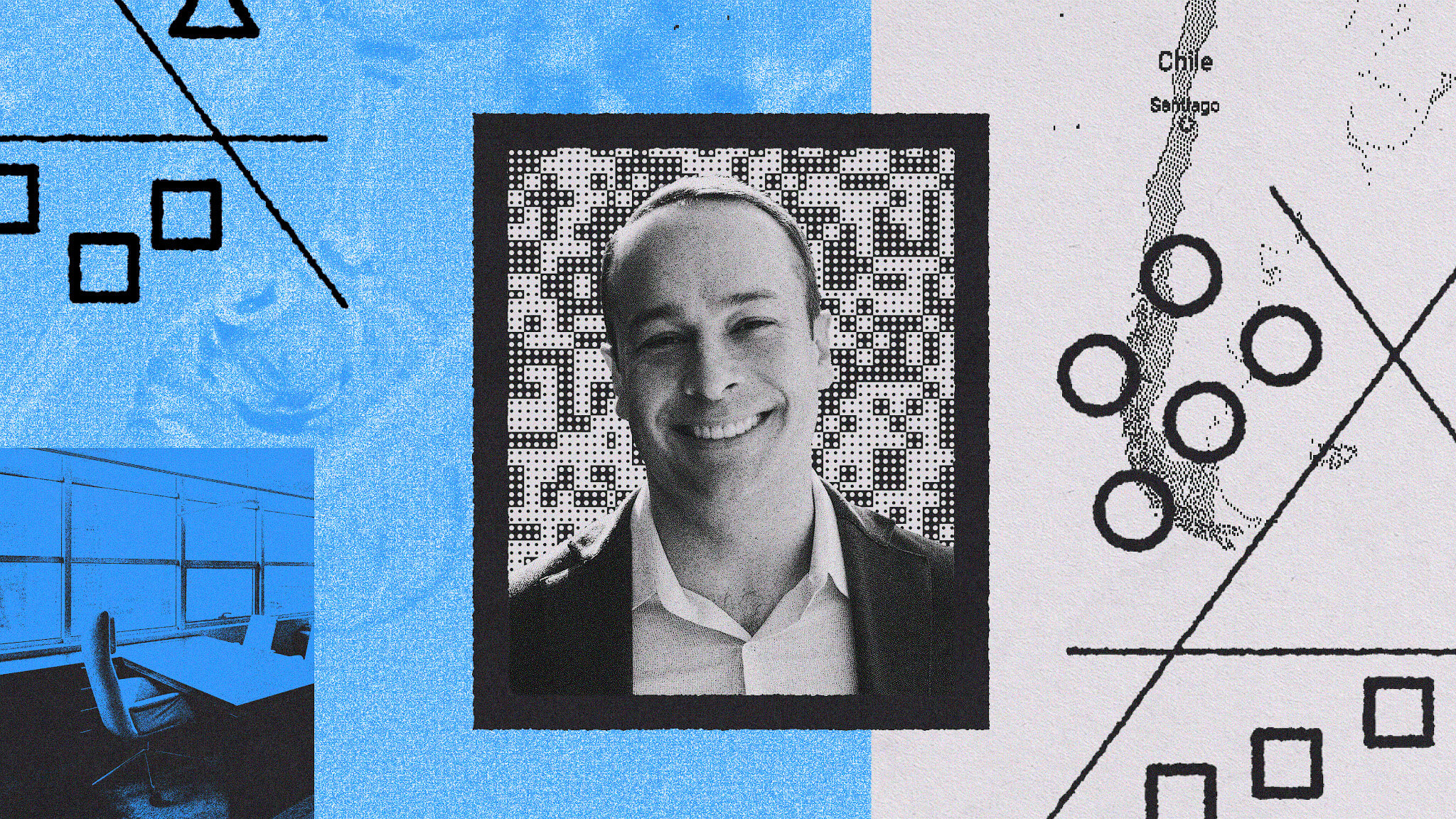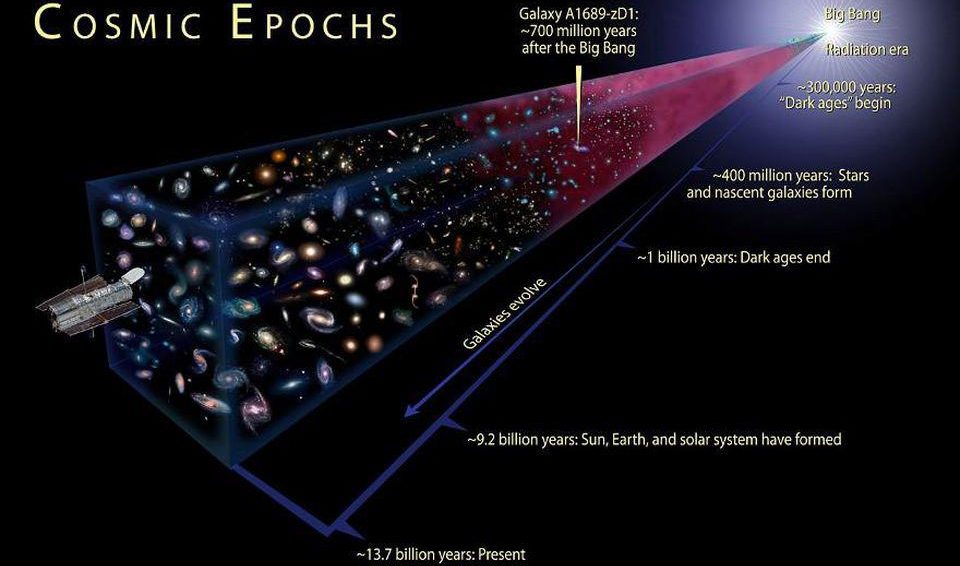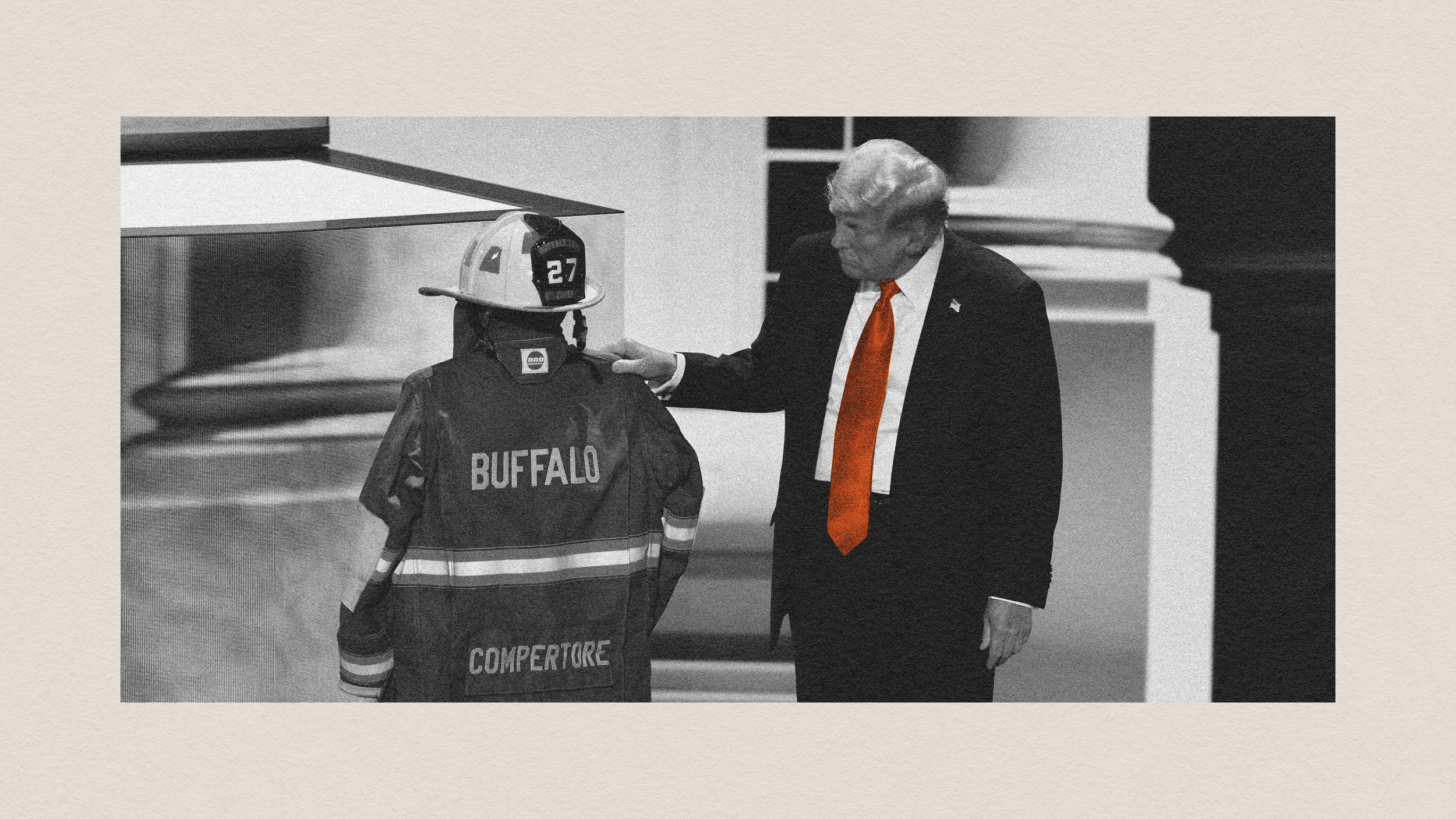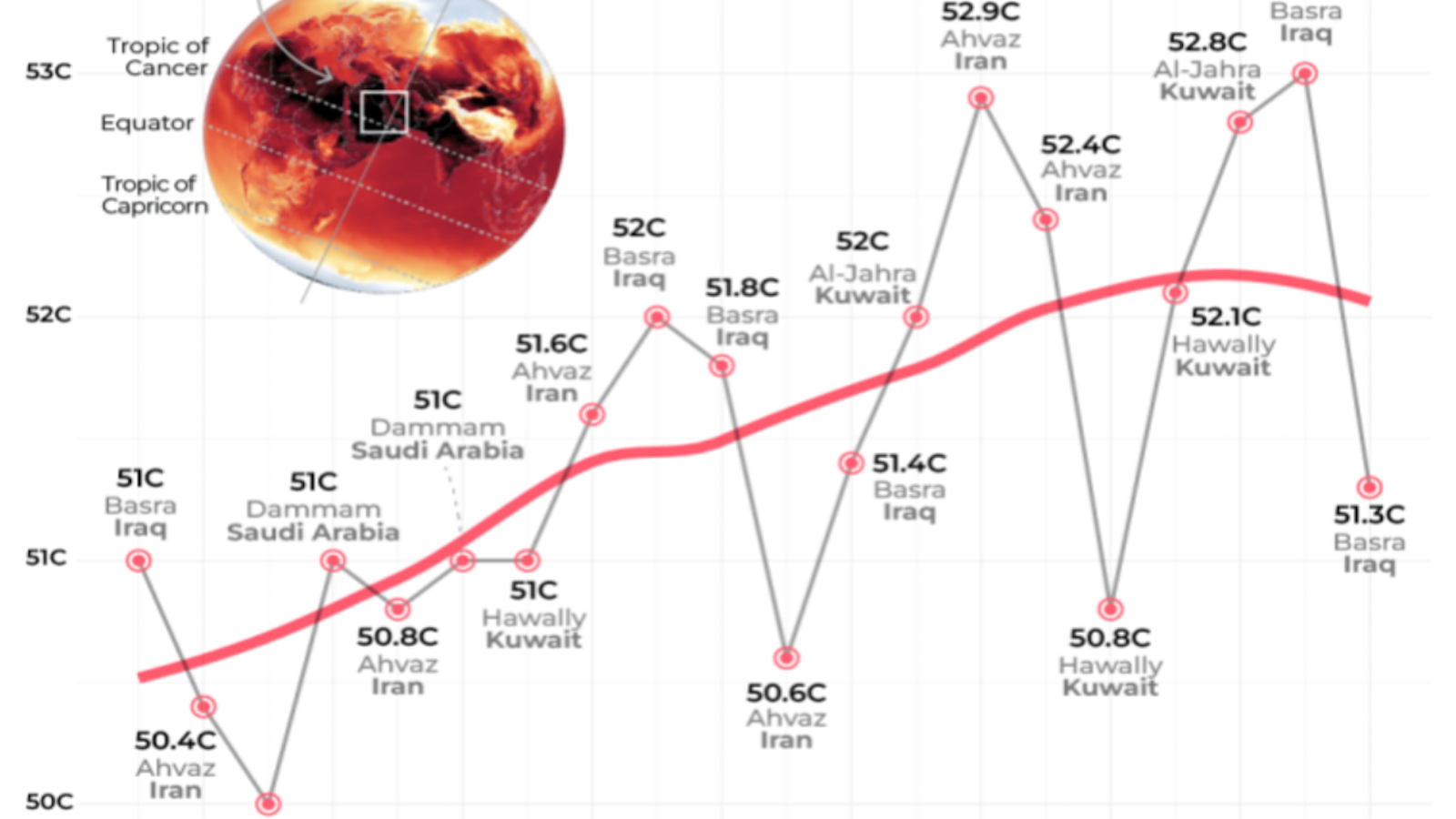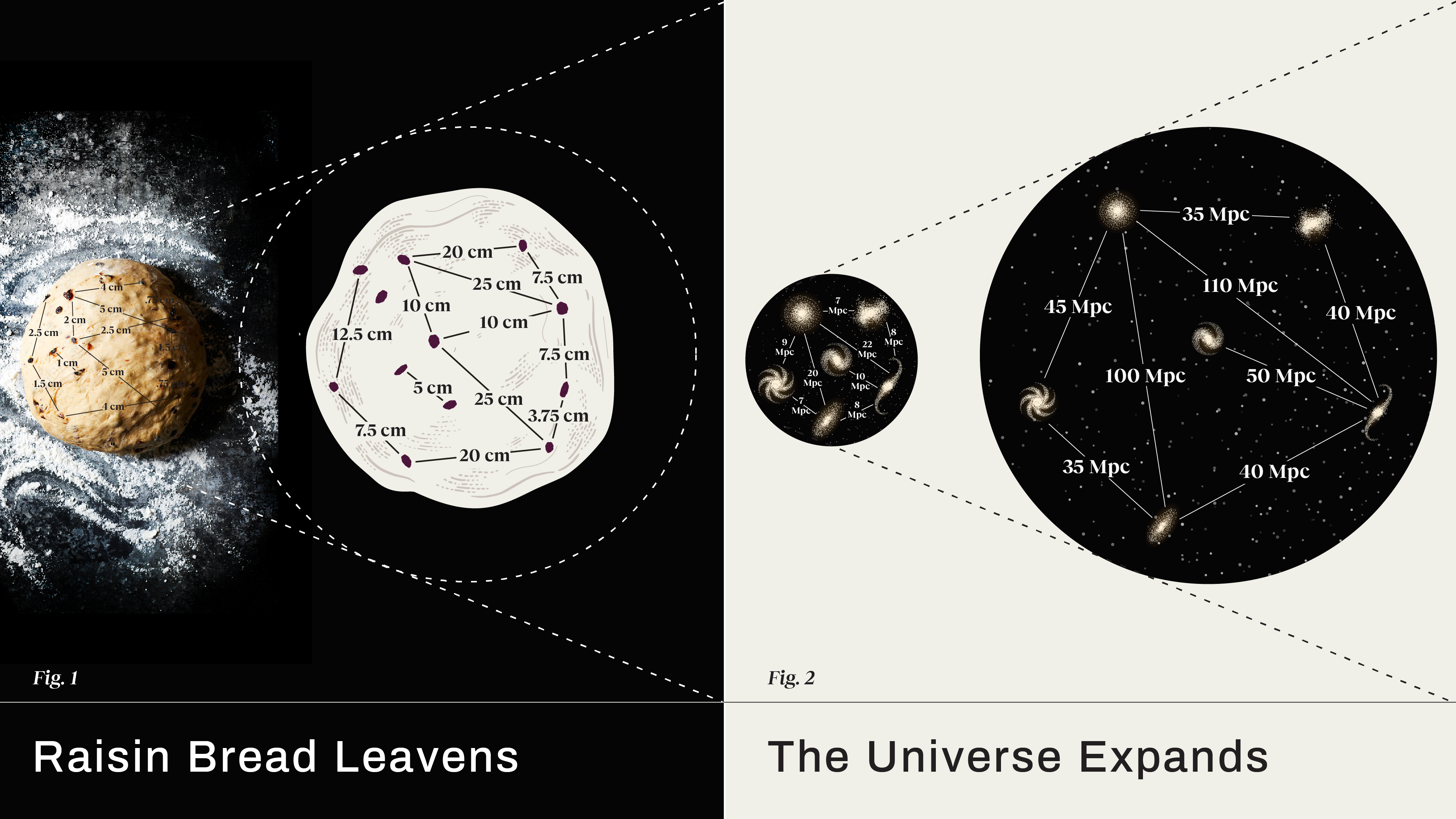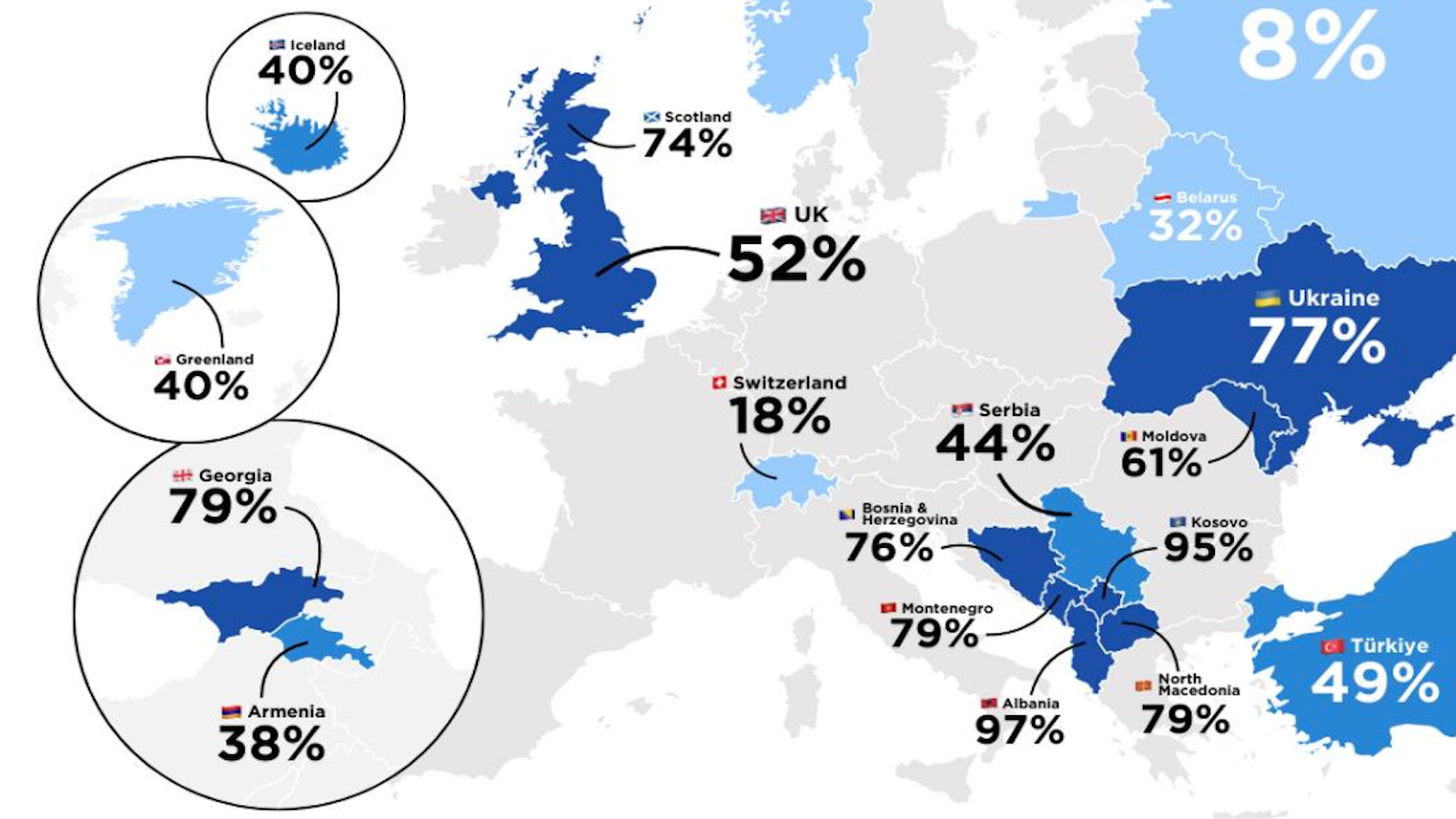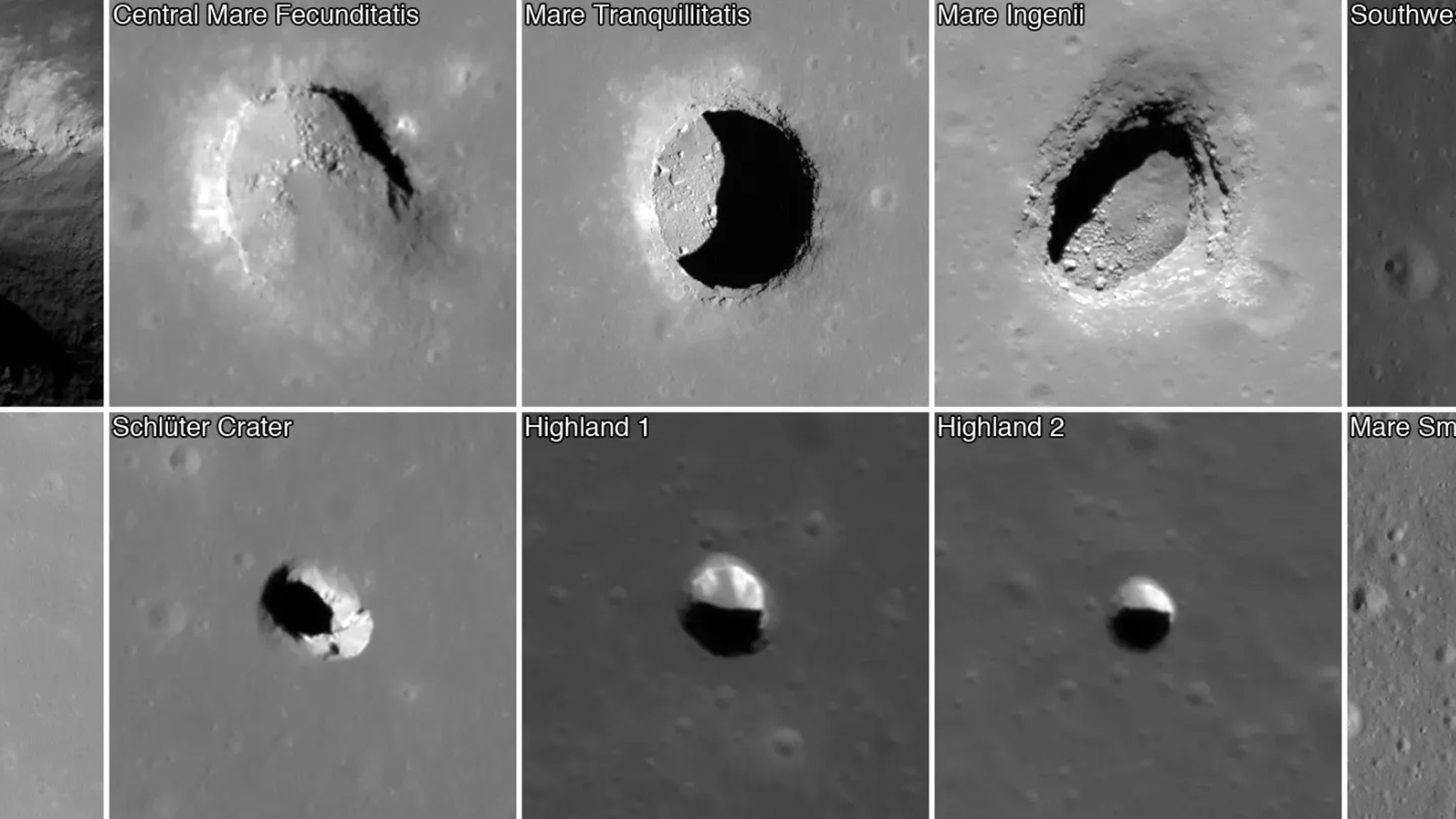We can address the misalignment between the current leadership reality and traditional leadership practices with a simple formula.
So far, Earth is the only planet that we’re certain possesses active life processes. Here’s what we shouldn’t assume about life elsewhere.
Dennis “Thresh” Fong talks to us about battling Elon Musk in Quake in the ‘90s, his undefeated record as a pro gamer, and using AI to detoxify gaming.
Famed activist Bayard Rustin constantly faced the dilemma of coordinating collective pursuits among diverse groups of people.
If philosophers really enjoy one thing, it’s a good debate — but not an argument.
The Universe isn’t just expansion, but the expansion itself is accelerating. So why can’t we feel it in any measurable way?
Religion is a product of, and not a source of, our evolutionary moral dispositions.
Welcome to The Nightcrawler — a weekly newsletter from Eric Markowitz covering tech, innovation, and long-term thinking.
No matter how good our measurement devices get, certain quantum properties always possess an inherent uncertainty. Can we figure out why?
In a world of rising cynicism, a celebration of our capacity to create, adapt, and thrive.
“What modern science has taught us is that life is not a property of matter.”
Life arose on Earth early on, eventually giving rise to us: intelligent and technologically advanced. “First contact” still remains elusive.
Evidence shows that “centaurs” — human–AI teaming — produce better performance than either people or software can achieve alone.
How “Catastrophe and Social Change” (1920) became the first systematic analysis of human behavior in a disaster.
If you think of the Big Bang as an explosion, we can trace it back to a single point-of-origin. But what if it happened everywhere at once?
DUNE is designed to detect the Universe’s most antisocial particle: the neutrino.
Jeremy Johnson — co-founder of the talent network Andela — reflects on leadership in the age of remote work and AI.
The Universe is 13.8 billion years old, going back to the hot Big Bang. But was that truly the beginning, and is that truly its age?
We need more data centers for AI. Developers are getting creative about where to build them.
There is one obstacle that reliably blocks innovative ideas: how we fund science.
Is it ever possible for God to violate the laws of nature?
Biological evolution in humans has slowed. Can AI, culture wars, and modern tech explain why?
▸
8 min
—
with
Many contrarians dispute that cosmic inflation occurred. The evidence says otherwise.
You could call this rectangle covering parts of Iran, Iraq, and the Arabian Peninsula the “Oven Window.”
Welcome to The Nightcrawler — a weekly newsletter from Eric Markowitz covering tech, innovation, and long-term thinking.
In all the Universe, only a few particles are eternally stable. The photon, the quantum of light, has an infinite lifetime. Or does it?
A simple semantic device — invented by a forgotten senator — can help us break “the curse of knowledge.”
The big question isn’t whether the Universe is expanding at 67 or 73 km/s/Mpc. It’s why different methods yield such different answers.
Absence makes the heart (and public opinion) grow fonder.
The recent discovery of a large cave on the Moon highlights the importance of caves not just for future space explorers but astrobiology as well.
